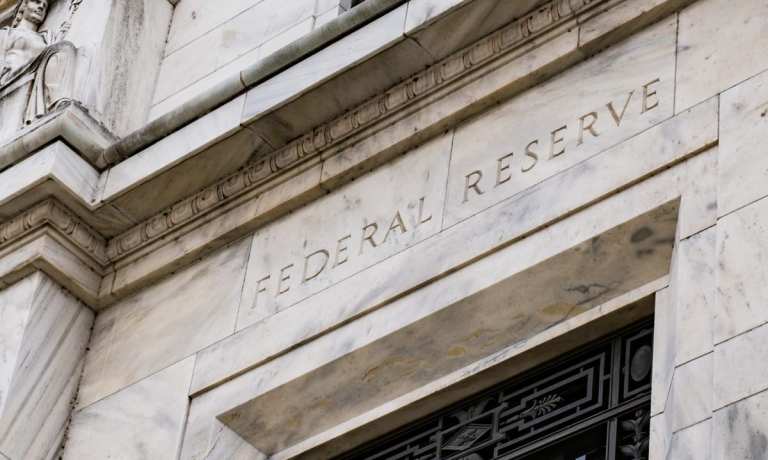Looking Up: Fed Says Vaccines Boost Optimistic Businesses Outlook

The economy in the U.S. is looking up, business owners say, with more vaccines and better employment levels going a long way towards improving conditions, according to the most recent Beige Book report from the Federal Reserve.
Businesses are optimistic due to the continual rollout of vaccines, the report says, although things are mixed in general.
The report says consumer spending and auto sales have been mixed, and although some districts saw positive gains in travel and tourism, the overall gains were still obscured by COVID restrictions still in place.
Manufacturing activity was able to increase in spite of challenges in the supply chain, and low mortgage rates continued to boost demand for both new and existing homes.
But meanwhile, commercial real estate in the hotel, retail and office sectors saw deterioration. The multifamily sector saw activity relatively stable.
And employment levels rose over the employment period, with labor demand varying from skill level and industry. The labor supply shortages were reportedly most acute over low-skill occupations as well as skilled trade occupations, and constraints were taken into account due to COVID-19-related reasons.
Meanwhile, in terms of prices, nonlabor input costs continue to rise moderately, with steel and lumber prices increasing notably; that is attributable to supply chain disruptions and strong demand overall. And transportation prices continued to increase, the report says.
Going in terms of each Federal Reserve district, most were keeping pace or increasing moderately — with the exception of New York, which saw a decrease overall, with particular weakness in the service sector.
After a year of turmoil, the Fed’s 2020 report closed out with a slightly positive note. That report also ended with the promise of vaccines, although there was cause for concern over the presence of new virus variants that have begun to crop up.